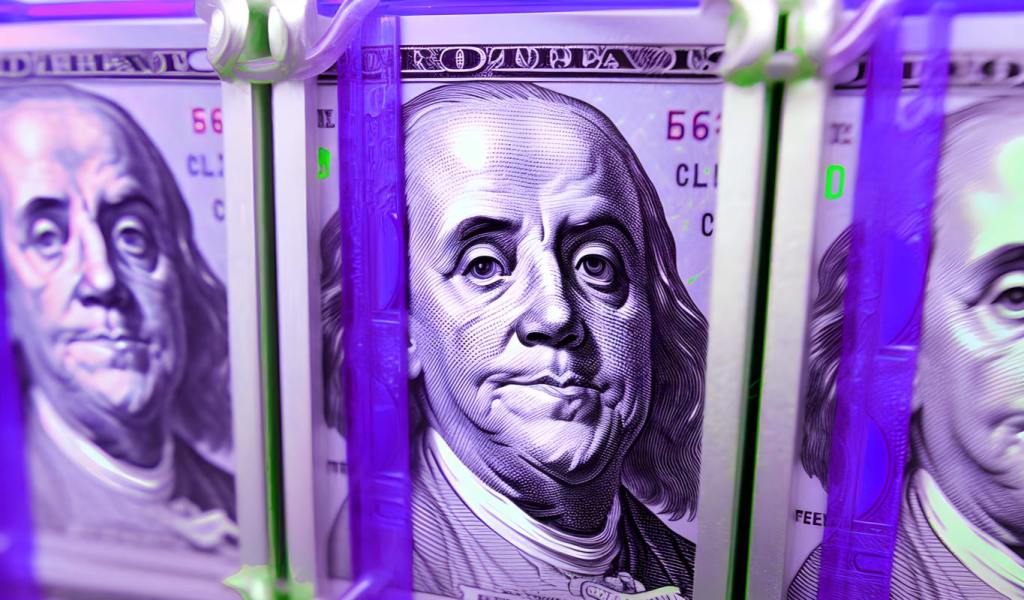Big banks like JPMorgan Chase, Bank of America, and Wells Fargo are refusing to define what an “unauthorized transaction” is, even though this term is crucial for determining if fraud victims get their money back.
Banks Aren’t Clear on What’s “Unauthorized”
Consumer Reports found that these banks, along with Capital One, U.S. Bank, and Truist, haven’t released any clear policies explaining what qualifies as an unauthorized transaction. This is a big problem because under the Electronic Funds Transfer Act, banks are usually not liable for losses if a customer authorizes a transfer, even if they were tricked into doing so.
Customers Losing Out
The banks are using this loophole to deny fraud claims, but they haven’t explained what they consider an unauthorized transaction. Consumer Reports says that only one company, Apple Cash, clearly states that scams are not unauthorized payments.
A recent Senate report found that JPMorgan Chase, Bank of America, and Wells Fargo only reimbursed 38% of people who reported Zelle scams in 2023, compared to 62% in 2019. These banks refused to reimburse a whopping $320 million in unauthorized Zelle transactions reported as fraud between 2021 and 2023.
Zelle Makes Some Changes
Last year, Zelle changed its reimbursement policy to cover some types of impostor scams, like when someone pretends to be a bank to steal money. But the banks still haven’t clarified what they consider an unauthorized transaction, leaving customers vulnerable to scams.
The Takeaway
This lack of transparency from the banks is leaving customers in the dark and vulnerable to scams. They need to be clear about what they consider an unauthorized transaction so that customers can understand the risks and know what to do if they fall victim to a scam.





